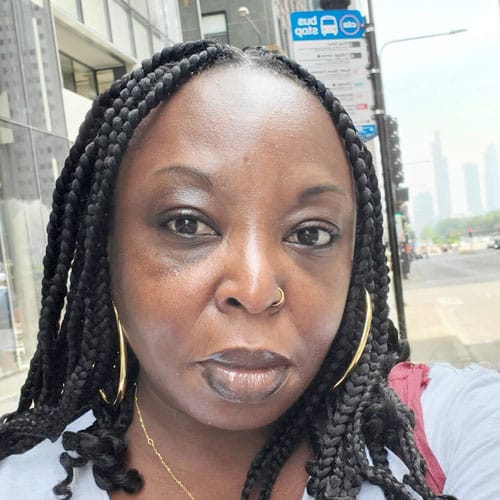Blog
Bringing Community Expertise to Federal Policy
![OTL Policy Commission [seven people standing in front of the U.S. Capitol building]](https://schottfoundation.org/wp-content/uploads/otl-policy-commission-1024x538.jpg)
While future of public education and the future of democracy was on the ballot on November 8, and communities of color and grassroots organizations helped break records for turnout and voter engagement. In California, Colorado, Massachusetts, New Mexico and elsewhere, Americans resoundingly expressed their commitment to our schools, to the tune of hundreds of millions of dollars in new funding. This shouldn’t surprise us: there are few institutions remaining in American life that are more central to the struggle for democracy and civil rights than public education. Of course, we’ve seen this threat before.
As a direct consequence of Black enfranchisement in the 1860s, legislators across the South made the establishment of public schools their top priority. Similarly, the flurry of federal action a century later in response to the civil rights movement produced landmark bills: the Elementary and Secondary Education Act and Voting Rights Act passed in the same year.
Still, every major social advance comes with a backlash. During both Reconstruction and the civil rights movement, federal laws — and eventually, federal troops — were required to ensure constitutionally guaranteed rights for Black communities.
Today’s heirs of Jim Crow remain committed to whitewashing the past, segregating our present and foreclosing our future. Their tools? Book bans, curriculum mandates to hide our nation’s true history, humiliating laws against trans students, and school board meetings turned into near-riots. In short, the bedrock of our democracy is under a real and present threat once again.
In the wake of the midterm election results, and as the federal and state legislatures are once again at work, we must ask ourselves: will we unite to preserve the victories that have been won? Will we be bold enough to seize the moment and work toward a common vision for our children’s future? Is it not time once again, for federal law to shape how we protect and advance our democracy for generations to come?
Answering the Call of This Moment
The Opportunity to Learn Policy Commission is a new, unique collaborative of national civil rights and grassroots organizations, including the Schott Foundation for Public Education, NAACP, and Dignity in Schools Campaign. The OTL Policy Commission aims to shape federal education policy through recommendations rooted in equity and justice — and, crucially, built from the lived experiences and expertise of marginalized communities.
The OTL Policy Commission will serve as a guide for crafting public education policies and practices that ensure the student experience is wellness-centered, intellectually rigorous, culturally supportive and equitably resourced.
The OTL Policy Commission is grounded in three shared principles:
1. Schools should build communities of care and connection ensuring the student experience is wellness-centered, intellectually rigorous and culturally supportive. Students have the right to attend public schools that are academically robust and challenging and embrace and build on students’ assets and strengths. Their public schools should reflect and respect the honest histories, cultures, identities, and experiences of all students, particularly of those from the most marginalized communities. And instead of the school-to-prison pipeline, students should have positive disciplinary practices that are restorative, transformative, trauma-informed and are focused on supporting the educational development of students.
2. Schools must have funds and resources necessary to free the full potential and capacities of young people, educators and the communities in which the school resides. Students have the right to attend public schools with equitable learning opportunities sustained by consistent funding, resources and support — and with a particular emphasis on addressing disparities in economically marginalized communities of color.
3. Schools must be empowered to help build community partnerships of accountability, transparency and trust, particularly for the most historically marginalized communities. Students have the right to attend public schools that are guided by principles of transparency, accountability and authentic youth, family and community participation in all decisions affecting their education, particularly of those from the most marginalized communities.
Schools at the Heart of Loving Communities
As noted in Schott Foundation’s Loving Cities Index, a community’s success and resilience both impact and are impacted by its local public schools. Early childhood education, civic participation, integrated schools, access to healthcare and well-being supports, affordable housing: it’s all connected.
The OTL Policy Commission is determined to be an amplifier and champion of community-informed federal policies that can fulfill the highest ambitions of our country and embody the spirit of justice and equality found in our nation’s brightest moments. Our children deserve nothing less.
Michael S. Wotorson is the Director of the National Opoortunity to Learn Network at the Schott Foundation.
Ruth S. Idakula is the Program Director at the Dignity in Schools Campaign.




